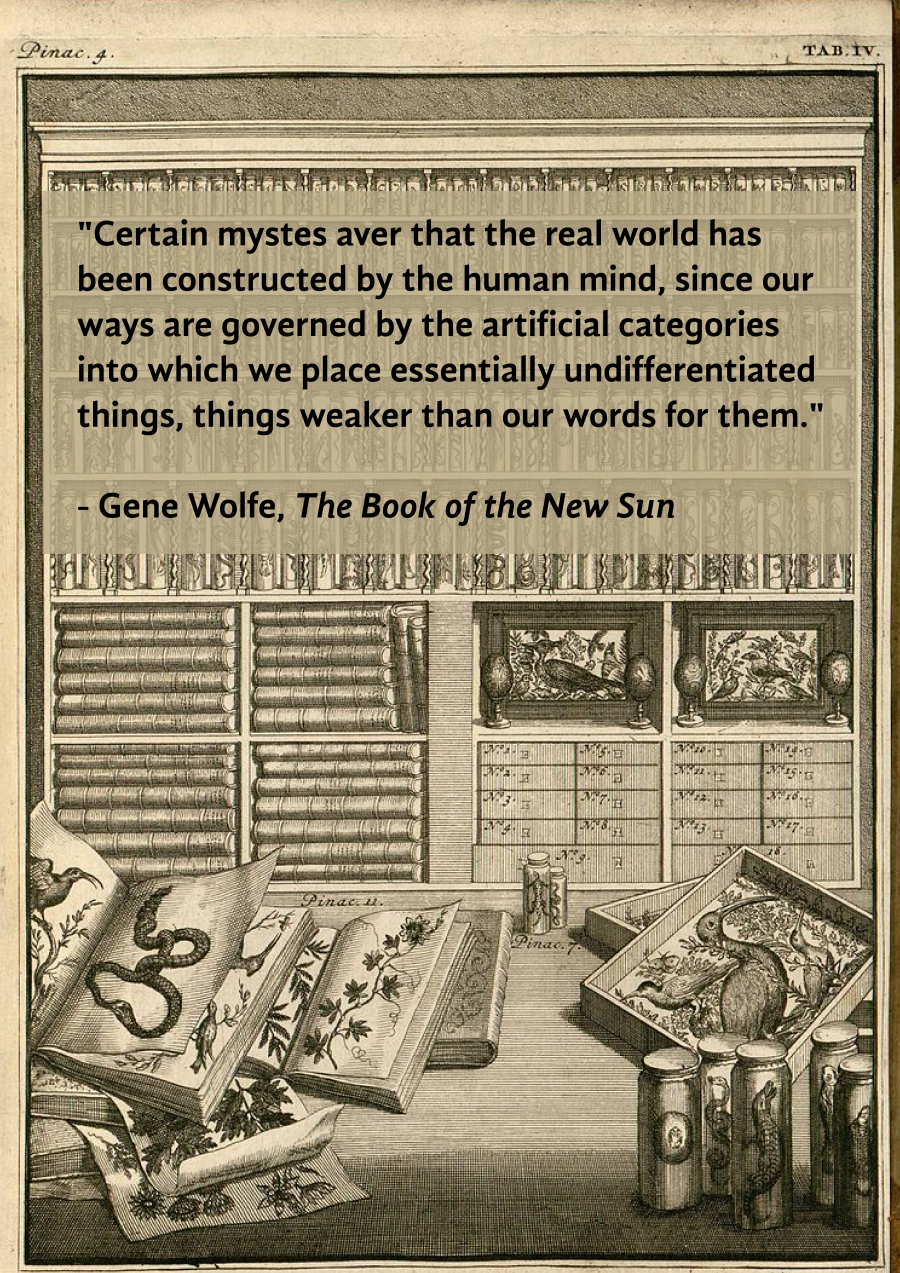New Senses and New Selves – On Brain Implants
Implants + Internet = ImplanTelepathy™!

Synchronicity, Coincidence and VALIS
Synchronicity is coincidence right?
Here’s how Wikipedia defines the concept:
“Synchronicity is a concept, first explained by psychiatrist Carl Jung, which holds that events are “meaningful coincidences” if they occur with no causal relationship, yet seem to be meaningfully related.”
Since meaning is in the eye of the beholder, I suppose you get to decide if a coincidence is an example of synchronicity or not.
But from a mainstream scientific perspective, synchronicity is criticized for pretty solid reasons. Here are some Wikipedia excerpts again:
“Critics assert that standard science, causality, physics, statistics, and probability (for instance, Littlewood’s law or the law of truly large numbers) suffice to explain alleged (in Jung definition) “synchronistic” events, it doesn’t mean that similar events can not exist (see for instance: mathematical coincidence) but the explanation as synchronicity is criticized, so the term coincidences is used instead.”
[…]
“In psychology and cognitive science, confirmation bias is a tendency to search for or interpret new information in a way that confirms one’s preconceptions, and avoids information and interpretations that contradict prior beliefs. It is a type of cognitive bias and represents an error of inductive inference, or is a form of selection bias toward confirmation of the hypothesis under study, or disconfirmation of an alternative hypothesis. Confirmation bias is of interest in the teaching of critical thinking, as the skill is misused if rigorous critical scrutiny is applied only to evidence that challenges a preconceived idea, but not to evidence that supports it.”
And now for some wild sci-fi speculation!
